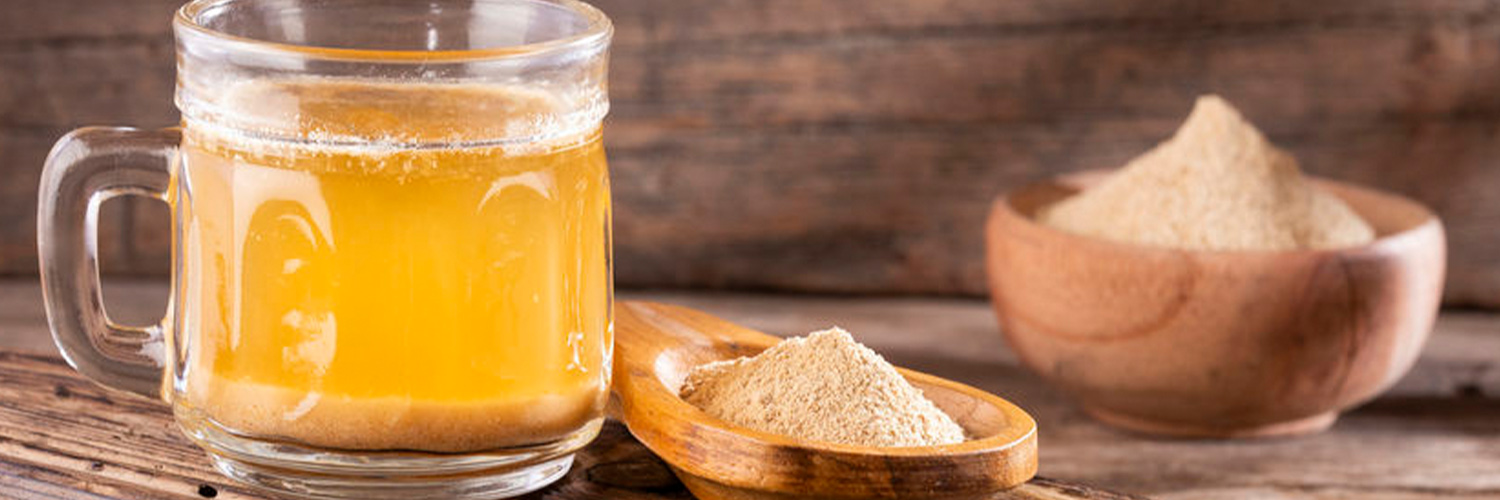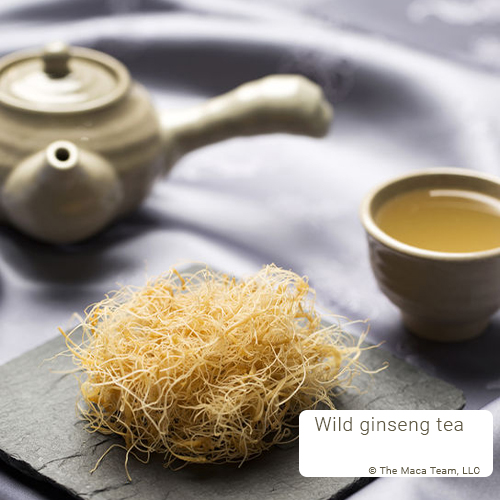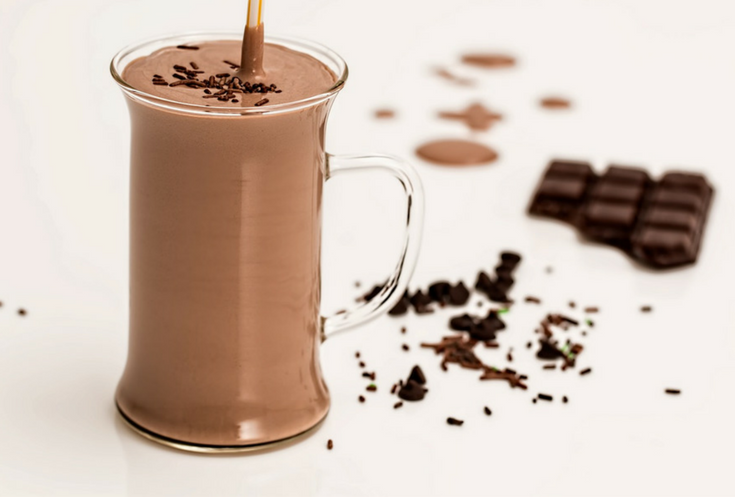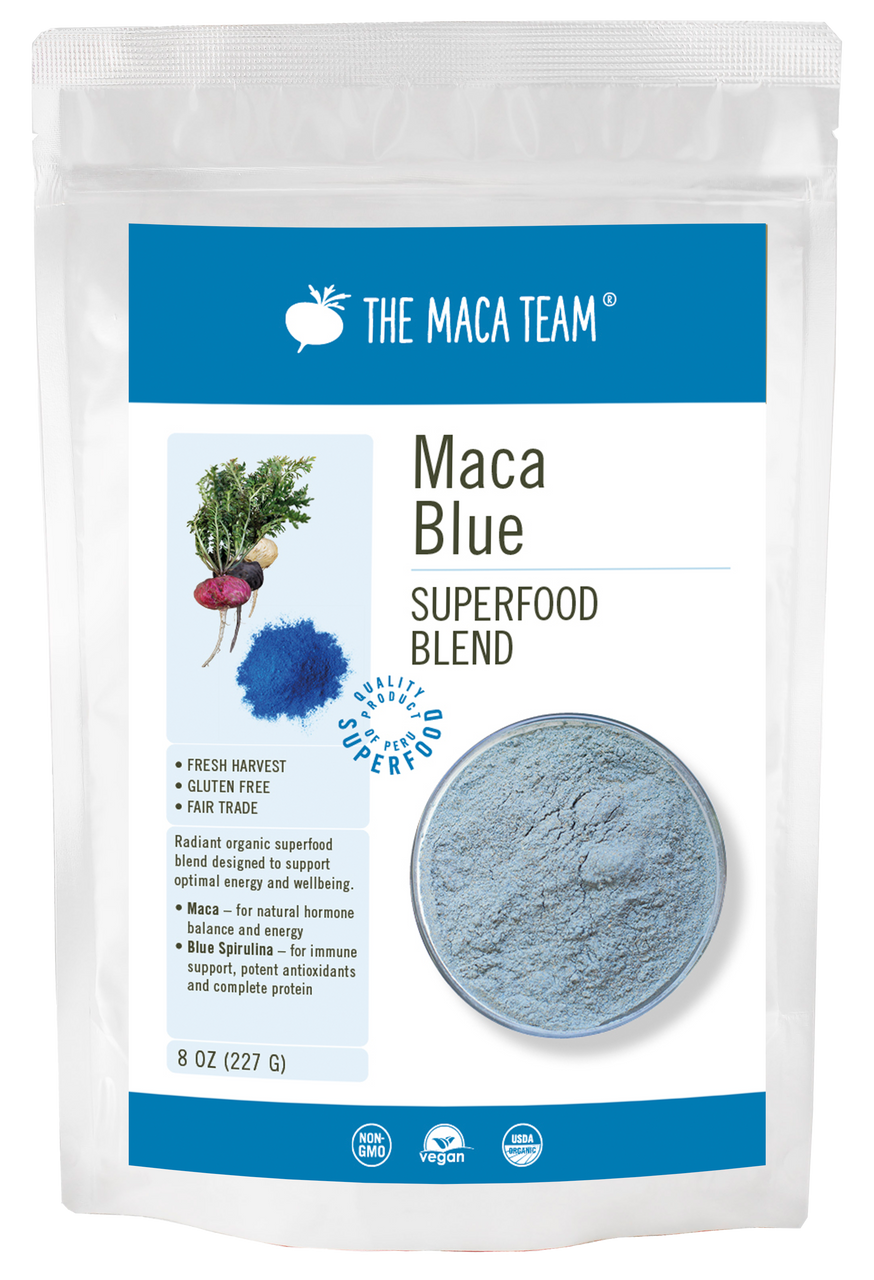Is Maca An Adaptogen?
The modern world is full of stress. Everyone, it seems, is looking for a way to reduce stress, decrease fatigue, and boost their immune system. We’re all on the hunt for the best way to adapt to the everyday stress of modern life. But perhaps the best advice can be found not in modern life but thousands of years ago from older cultural practices like traditional Chinese medicine.
Long before Western medicine was talking about balance and prevention, Chinese medicine knew the benefits of adaptogens. Today, the Western world is just catching up to what others had mastered for generations. Both traditional medicine in China and indigenous cultures high in the mountains of Peru have been successfully using adaptogens, long before they had that modern name.
What are adaptogens?
The simplest way to explain adaptogens is to look at the root of the word itself: “adapt.” Adaptogens, typically herbs, help the body adapt. They strengthen the endocrine system so the  body can better cope with stress and pressure. They can balance hormones. They strengthen and boost immune systems. All of this can result in reduced stress. People looking for alternatives to caffeine or prescribed medications are using adaptogens to reduce their body’s reaction to stress, preparing them to adapt—instead of react.
body can better cope with stress and pressure. They can balance hormones. They strengthen and boost immune systems. All of this can result in reduced stress. People looking for alternatives to caffeine or prescribed medications are using adaptogens to reduce their body’s reaction to stress, preparing them to adapt—instead of react.
Our body’s natural responses to stress are flight, fight, and freeze. That can be great in moments of real and present danger. Fear keeps us alert. But when those responses to stress become regular, everyday occurrences, they can cause health problems.
What’s the science behind that? Every time you encounter a stressful situation, your body creates a hormone called “cortisol.” In small or infrequent amounts, cortisol helps your body deal with stress. But when those stressful situations become a daily occurrence, your body creates too much cortisol. This results in chronic stress.
Chronic stress leads to a long list of health problems. It can raise blood pressure and lower sex drive. It can increase fatigue, anxiety, depression, and even inflammation. Constant high stress levels result in health problems, not just physically but also mentally.
So how do we deal with all these physical and emotional results of stress? We can do what we can to reduce stress, but modern life makes that hard. So, what’s the answer?
Enter adaptogens. From holy basil to medicinal mushrooms, ashwaganda to ginseng, there are plenty of natural ways to find stress relief and hormonal health.
But one of these unique plants is not just an adaptogen but also a superfood: maca.
Is maca an adaptogen?
Classified as both an adaptogen and a superfood, maca is a root vegetable used by natives of the high Peruvian Andes for centuries to boost energy and libido. It’s also revered for its ability to provide hormonal balance, reducing stress and anxiety. Called “Peruvian ginseng” by some, maca is perhaps one of the most powerful adaptogens.
Maca root, like other adaptogens, works by boosting the immune system and balancing hormones. It can support healthy energy levels and adrenal health. Maybe you’re leaning into the hustle of your career. Perhaps you’re frazzled by the care of kids in your family. Or perhaps you’re experiencing hormonal changes with menopause. Whatever the cause of an imbalance of hormones and an increase of stress in your life, adaptogenic maca can help you regain your balance.
But maca provides much more than its adaptogen qualities. It’s also a superfood. So, what are superfoods? Foods with “nutrient density,” which means they’re exceptionally high in nutrients in comparison to their calories, are often called superfoods. Some nutritionists and health professionals prefer the term “nutrient-dense food.” Maca is a nutrient-dense food, especially high in amino acids, phytonutrients, fatty acids, vitamin and minerals. It’s loaded with bioavailable plant protein and has more calcium than milk. Maca contains nearly every essential amino acid. Combine those high nutrients with its adaptogen qualities, and maca is definitely a “super” food.
How can I include adaptogens in my daily life?

Many adaptogenic herbs have unappealing flavors that make them best taken in capsule form. Maca, in comparison, is easy to add into your daily foods. This superfood’s flavor is sometimes called nutty, sometimes earthy, sometimes compared to butterscotch. (We think that last one might be a stretch.)
However you describe the flavor of maca, though, maca powders are easily added to everything from smoothies to soups to teas. We even have a blend of maca, mezquite, and cacao that can be added to, or even replace, your morning coffee.
Unlike a one-time magic bullet, the benefit of adaptogens builds over time, sometimes taking several weeks of regular use to get to its full effect. With regular use, it’s important to find an adaptogen that can be enjoyable to take every day. Adaptogenic maca, whether added to foods and drinks in powder form, or taken in liquid extracts or capsules, provides a pleasurable way to get a handle on your stressful life.
It can seem impossible to get rid of stress in our lives. So we’re going to have to learn to adapt. Maca—a powerful adaptogen and superfood—may just be your key to finding balance and adapting.
Enjoy the day!![]()


